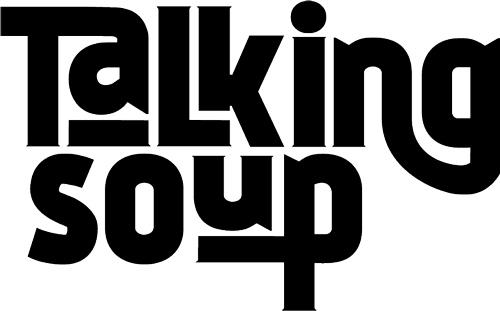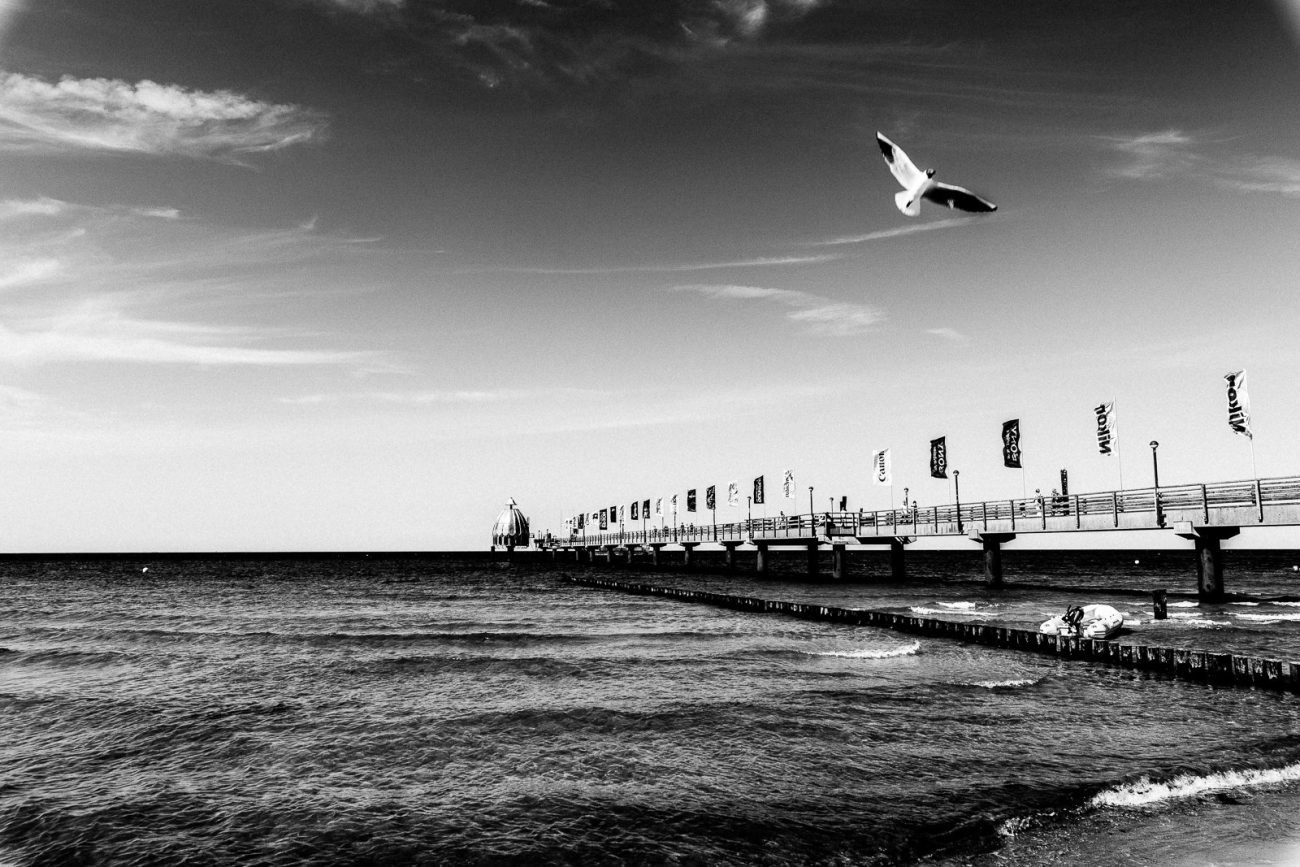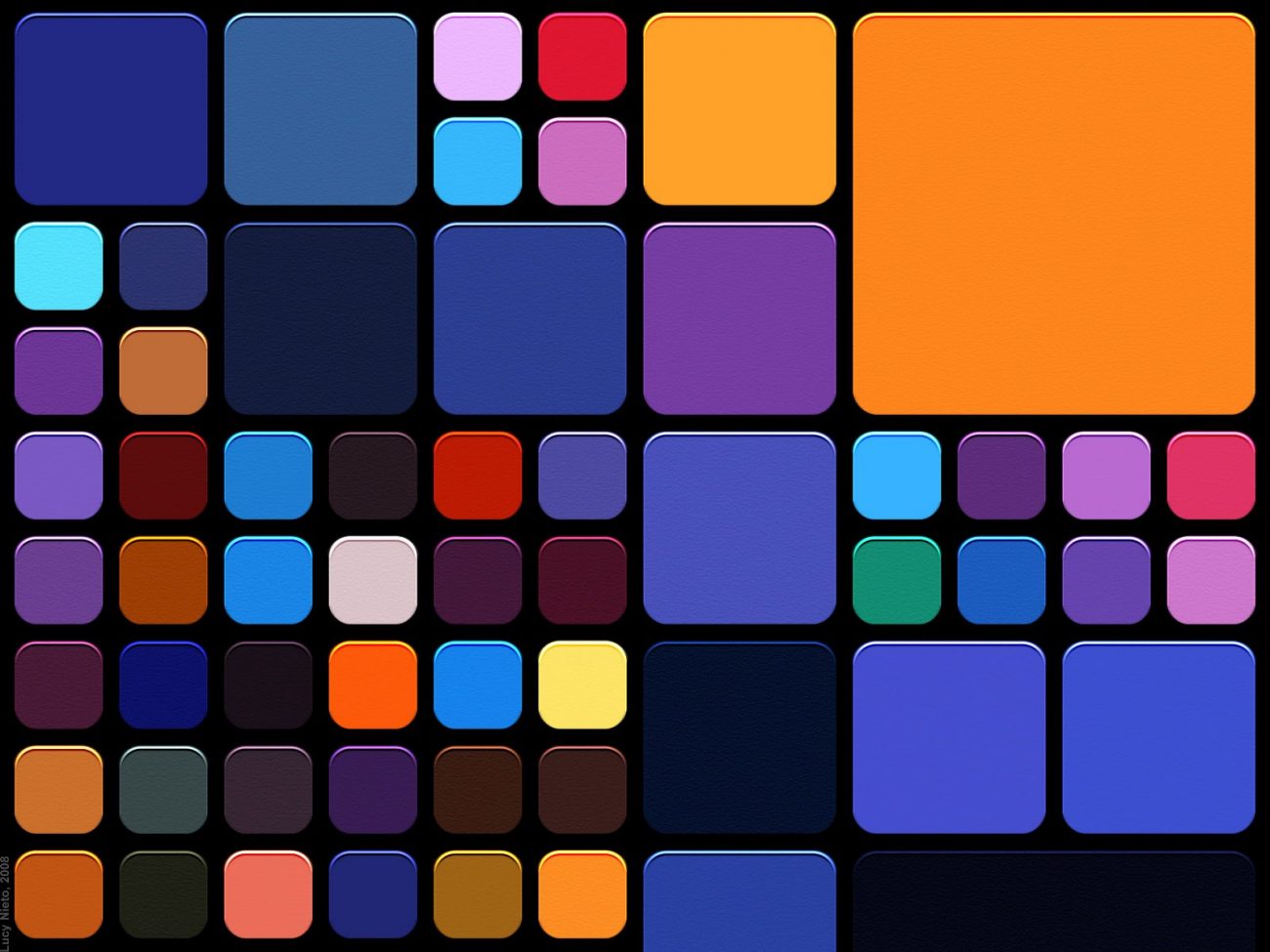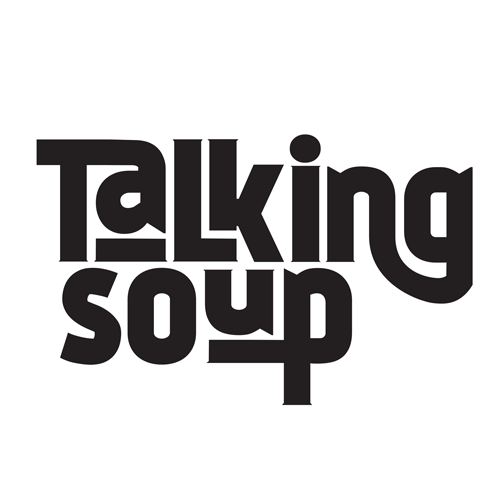Thanks to teachers, relatives, and children’s television my generation, the Millennials grew up believing that we’re precious little flowers that can do whatever we want. Once we got old enough to get our feet wet in the real world we learned that we’re no different than anyone else.
Many of us have been asked the same questions: why is unemployment so common amongst our generation? Why aren’t we using our expensive educations for something useful? I’ve dedicated a lot of my energy and time to the pursuit of writing. Because it pumps love inside me, I’ve stopped listening to the negative influences of others and the fearful what-ifs that my inner critic sometimes plagues me with.
The economy sucks and so many people under 30 are unemployed, which makes hard work a crucial weapon in the fight against an alarmingly common part of millennial life. The label that the media has used too often to describe the millennial generation is entitled. My entitlement isn’t self-entitlement, it’s an overwhelming desire to one day give generously to those that have given me the tools I need to move forwards.
The world keeps turning and everywhere I look is love – people in love with each other, with their lives, with their meandering dreams. I look at people loving each other and my eyes light up with a sense of hope that somewhere out there isn’t just a person to love but a long term path I can be proud of, and savor, many years from now, when I’m old and grey. I worship the sensation of love, all types of love, so I strive to open my heart to those that are nothing but kind and loving and to always express love openly.
I was born with a permanent, invisible disability called dyspraxia. Having a disability is like a never-ending race, where the goal is to keep up with someone else’s extremely quick pace. It’s important to note that pity is an alarmingly common reaction to the words;
“I have a disability”
Pity is a problematic response. An appropriate reaction is acceptance, love, equal treatment, and compassionate understanding. Before learning that I have a disability all people see is the fact that I’m a white, middle class, educated, young woman that was born and raised in Canada, but when you look a bit closer they’ll notice I’m also somewhat socially awkward and have poor fine motor, spatial, and mathematical skills.
In June 2014 I completed my university studies. That alone is an accomplishment. The fear of everything going horribly wrong dominated my first two years of university but I overcame that fear once I was welcomed with open arms. When I started university I had a history of being bullied and socially isolated by my peers. I unconditionally love, which has lead to plenty of bad people taking advantage of my unconditional kindness.
My history of being socially isolated by my peers has made me stronger and wiser. I have an abundance of self-knowledge and am slowly learning to be a better person through being pickier about the people I choose to spend time around. Another important life lesson was the day I learned to say no to experiences and people that don’t benefit my desire to move forwards and thrive. Pleasing others isn’t always possible therefore minimal selfish reliance on instinct comes first. Over time I’ve learned that the only way to move forwards is to never let my loving nature weaken me.
Rosemary May is a Toronto based, freelance writer and blogger that specialises in web and arts writing for websites, online magazines, and local businesses.








